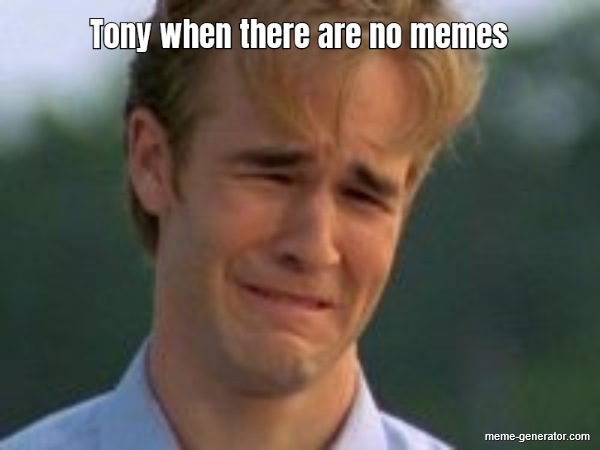


Orange is especially interested in what cultural inheritance means, in how to carry your roots like a conscience, in what one needs to leave behind and what one needs to take. He factors mightily in this novel’s ending.Īnother character is Orvil Red Feather, who was brought up with so little sense of his heritage that he had to absorb it all virtually, from “watching hours and hours of powwow footage, documentaries on YouTube, by reading all that there was to read on sites like Wikipedia,, and Indian Country Today.” is in the lowest percentile, but he knows what he knows.

“There’s too much space between each of the parts of my face - eyes, nose, mouth, spread out like a drunk slapped it on reaching for another drink.”

The first character we meet is Tony Loneman, a young man born with Fetal Alcohol Syndrome. That Orange manages to link these details to a historical sense of outrage at how America has treated its native people, in a manner that approaches scarifying essay without dropping over the fence into lecture or sociology, adds to this novel’s smoke. It’s the close-up work that puts this novel across, however, the quotidian details of blasted lives. The working idea is to rob the powwow to get out from under a drug-related debt. Not insignificantly, these guns are white. One will fly a drone over the festivities from his nearby house, providing eerie and cold-eyed perspective. One will dance there another will be an emcee. Orange deals out the stories of 12 characters, many of them related, as their lives move toward an event called the Big Oakland Powwow. His novel is about urban Indians, about whom he writes, in his bravura prologue, “We know the sound of the freeway better than we do rivers, the howl of distant trains better than wolf howls, we know the smell of gas and freshly wet concrete and burned rubber better than we do the smell of cedar or sage or even fry bread.” Orange makes note of a Radiohead song with this title as well. The title refers to Gertrude Stein’s comment about there being no “there there” in Oakland. “There There” is set in Oakland, Calif., where Orange - he’s an enrolled member of the Cheyenne and Arapaho tribes of Oklahoma - was born and raised. In terms of sheer brio and promise, its appearance marks the passing of a generational baton. “There There” has so much jangling energy and brings so much news from a distinct corner of American life that it’s a revelation in a way that’s reminiscent of the best of Alexie’s early work.


 0 kommentar(er)
0 kommentar(er)
